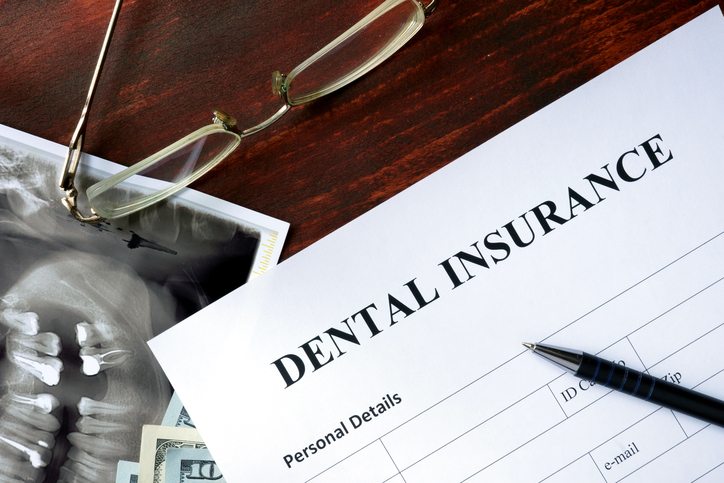Don’t Let Your Dental Benefits Expire


At our Newberg Family Dental office, we see far too many of our patients celebrate the New Year with far too much money left unused from their dental benefits. In fact, less than 3 percent of individuals with a PPO dental plan reach or exceed the annual maximums covered under their plans, according to the National Association of Dental Plans. Many patients who utilize Flexible Spending Accounts – which uses pretax money to help pay for medical care – also leave money unspent.
No matter whether your dental care is paid for an FSA, PPO, or other insurance related acronym, it’s likely that your plan’s current benefits are set to expire on December 31. Don’t let your hard-earned money to go waste. Here is what you need to know about these types of benefits, when you need to use them by, and how you can take advantage of your entitled benefits.
Dental Health Insurance Plan Benefits
The majority of patients with dental insurance receive their benefits through their employer, though individual dental plans are still available on the Affordable Care Act marketplace. Keep in mind that while a benefit, employer provided health insurance still requires that you and your employer pay some type of premium – dollars paid upfront – that becomes wasted if you don’t use them by visiting our Newberg Family Dental office.
When Do Your Benefits Expire?
While there are certainly exceptions, the vast majority of insurance companies operate on a yearly benefit calendar. This means your yearly benefits begin January 1 and end on December 31. And unlike your cell phone plan were unused minutes roll over to the next month, insurance benefits don’t roll over to the New Year. Once Auld Lang Syne begins to play, your unused benefits become as useful the next day as an empty bottle of Champaign.
Of course, there are some plans that have different dates as to when benefits start and expire. It’s important you know the specifics of your individual plan so that you can maximize your benefits according. Make sure to check with your employer or examined your plan document if you’re uncertain about the benefit dates of your plan.
How to Make the Most Out of Your Plan
The key with this type of insurance coverage is to take advantage of any available benefits before they expire.
Keep in mind that prevention is always more effective than treatment for both your health plan and bank account. That’s why most dental plans typically pay 100 percent for preventative visits such as exams and cleanings, so if you haven’t scheduled an exam yet this year make sure not to waste the opportunity.
You should also consider planning how to use your dental benefits early in the year. During a dental visit with Dr. McLeod in the spring or summer, talk about what types of treatment you may need before the end of the year to meet your oral health needs. Since the holidays are some of the busiest times of year of both patients and dentists alike, make sure to schedule your appointments in advance.
Once you’ve determined the type of dental care you require, our front office staff will work with you and your insurance provide to maximize your available benefits.
Flexible Spending Accounts
A Flexible Spending Account, or FSA, is another types of insurance program you can set up with an employer. During the programs open enrollment, you decide how much money you want to place into your account, and a portion of this amount is then deducted from your paycheck prior to taxation. The majority of FSA accounts cover services or treatments that help maintain and improve your oral health, such as cleanings, orthodontics needed for better oral health, co-pays, and dentures.
Many FSAs work like using a gift or debit card, and you can use the money on that card to pay for a variety of medical and dental expenses.
When Do Your Benefits Expire?
Just as with a traditional dental plan, the majority of FSA benefits expire on December 31. However, these types of plans generally offer a little more flexibility, and your employer may be able to offer some options that extend how long you can use your benefits. Some FSA accounts provide an additional 2-3 month graces period to use the money in the plan, while others may allow you to carry up to $500 over to the next year.
What’s ever left in your account once the grace period has expired will be lost, so make sure to check with your employer to see what extensions may be available.
